11 Biggest Food Controversies of 2020
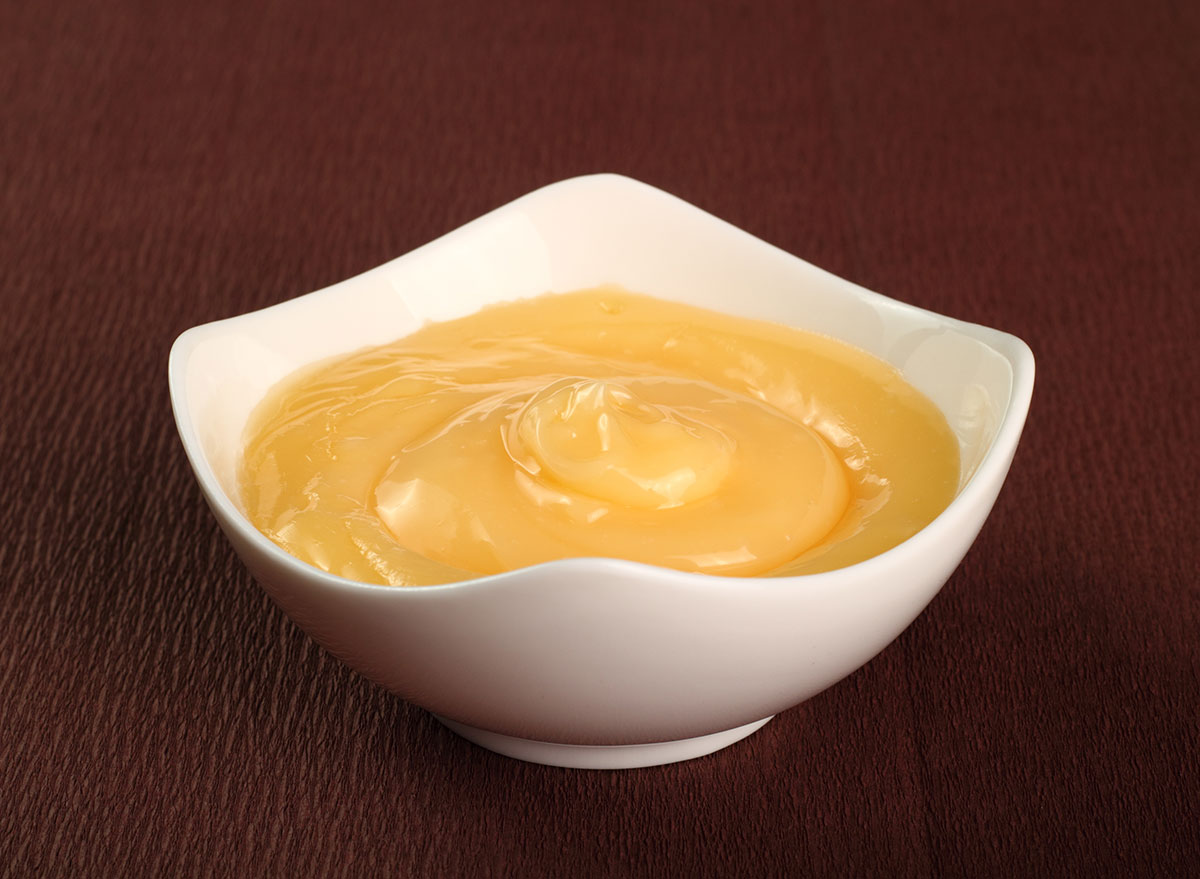
This year will go down in the history books for so many reasons and every TV commercial seems to sum it up perfectly: We’re living in unprecedented times and the world has changed forever as a result of this year’s events.
Of course, a tremendous blanket statement like that doesn’t even begin to explain how messy this year got—and no, I’m not talking about the messes we all made in our kitchens making sourdough and Dalgona (whipped) coffee. (Related: 100 Easiest Recipes You Can Make.)
This year, in many ways, felt like Old Faithful: a geyser constantly erupting, to the point where waking up every day felt like waiting for the other shoe to drop. But here we are, riding out the last week of the year, looking back at what we accomplished and what we need to learn from. As you reflect, you may recall the many instances where food companies (and food media) faced their own scandals and controversies this year.
Below, you will see 11 of the most impactful events that came to light in 2020 and after, for a more uplifting read, be sure to check out The Top 10 Most Viral Food Moments of 2020.
Chick-fil-A faces a public re(cluck)oning
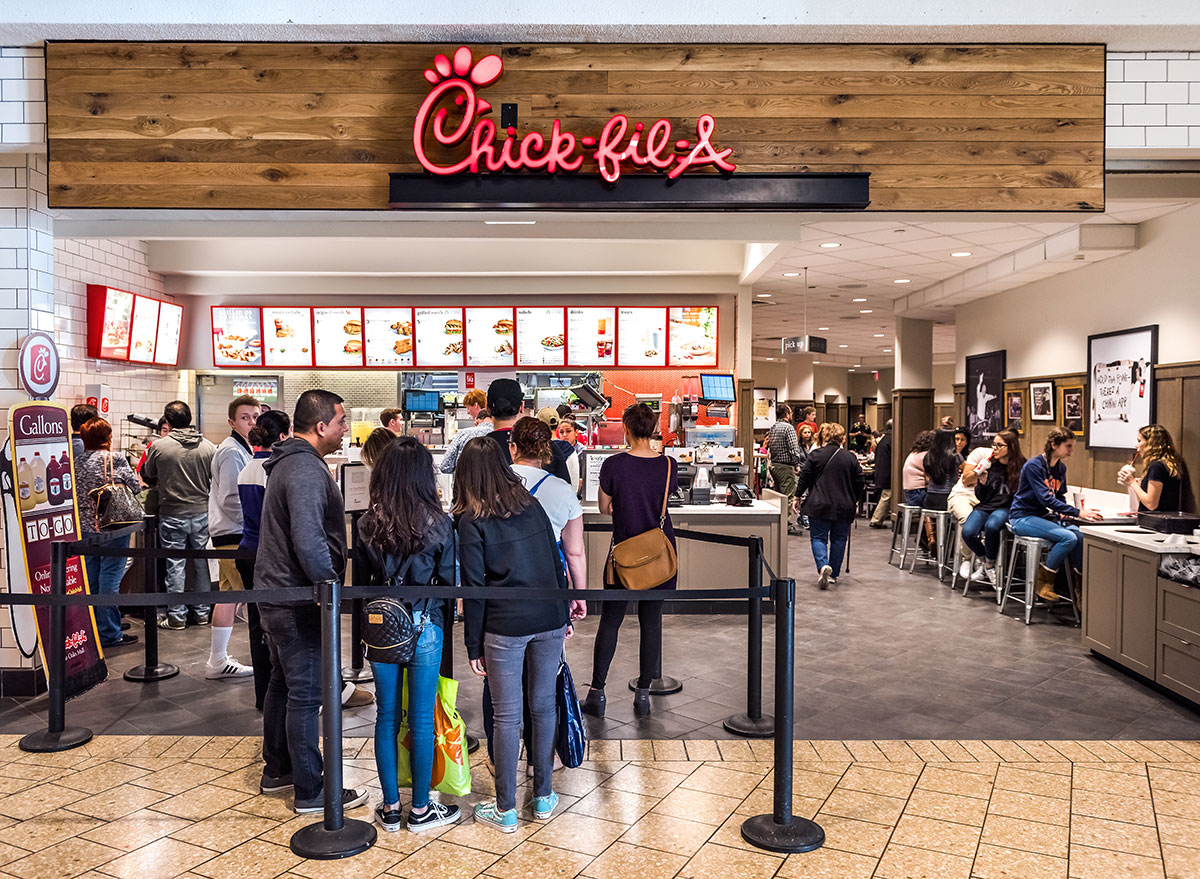
Chick-fi-A, home of the delicious chicken sandwich, has always been a rather, uh, controversial company, largely due to its history of supporting anti-LGBTQ organizations. Last year, the brand vowed to stop doing so, but this summer, during the Black Lives Matter protests around the country, CEO Dan Cathy and the Chick-fil-A corporation put out a statement decrying racism while also promoting a more unified country. While the statement didn’t go so far as to say “Black Lives Matter,” a phrase corporations still shrink at the idea of acknowledging, it was a big move from a company with a controversial history such as theirs.
Don’t miss 50+ Black-Owned Food Brands You Can Support Right Now.
The Bon Appétit test kitchen implodes

Back in June, food publication Bon Appétit and its sister YouTube channel came crashing down, when former and current employees came forward with their stories of racism and inequality behind the beloved brand. It all started with a photo of then-Editor-in-Chief Adam Rapoport in blackface being uncovered from Instagram. Then, a Business Insider investigation revealed the BATK—which at its surface, seemed to be a positive, inclusive place where mistakes are welcome and celebrated—had a deep-rooted culture of racism and exclusion for Black employees and employees of color, who seemed to lack the opportunities their White counterparts were getting (like, you know, YouTube fame and money.)
This includes one of their biggest stars, Sohla El-Waylly, revealing her salary and the fact she was not compensated for appearances on camera. BA, of course, promised to do better, with Rapoport resigning as well as apologies from other people whose own racist, sexist, and homophobic behavior was uncovered—but the publication’s efforts didn’t appear to be enough. After weeks of silence, eight members of the BA Test Kitchen—including nearly all of their employees of color—announced they would no longer be appearing in videos after negotiations broke down. BA announced Dawn Davis as the new Editor-in-Chief in August and rebooted the BATK with eight new stars at the helm.
Please don’t accidentally eat your hand sanitizer
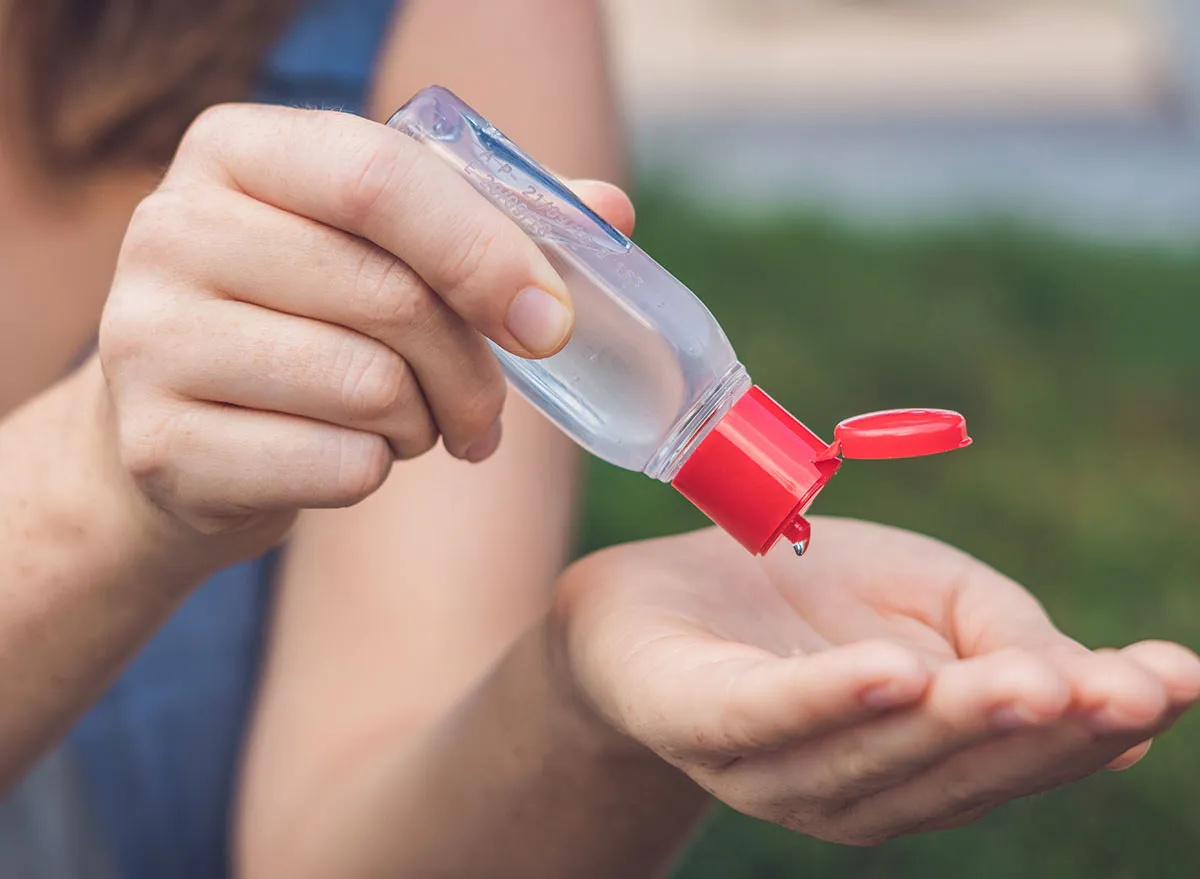
This isn’t a “bleach kills COVID-19” thing (by the way, it doesn’t) but rather, the case of really cutesy packaging. See, when we all went wild and bought out all the hand sanitizers, people got creative. And with creativity often comes, well, dangerous ideas at times. Over the summer, the FDA issued a warning about alcohol-based hand sanitizers being sold in containers similar to water bottles or children’s squeezable applesauces. You don’t want to grab the wrong thing in the bottom of your bag—this is a fair warning.
Have you consumed lead?
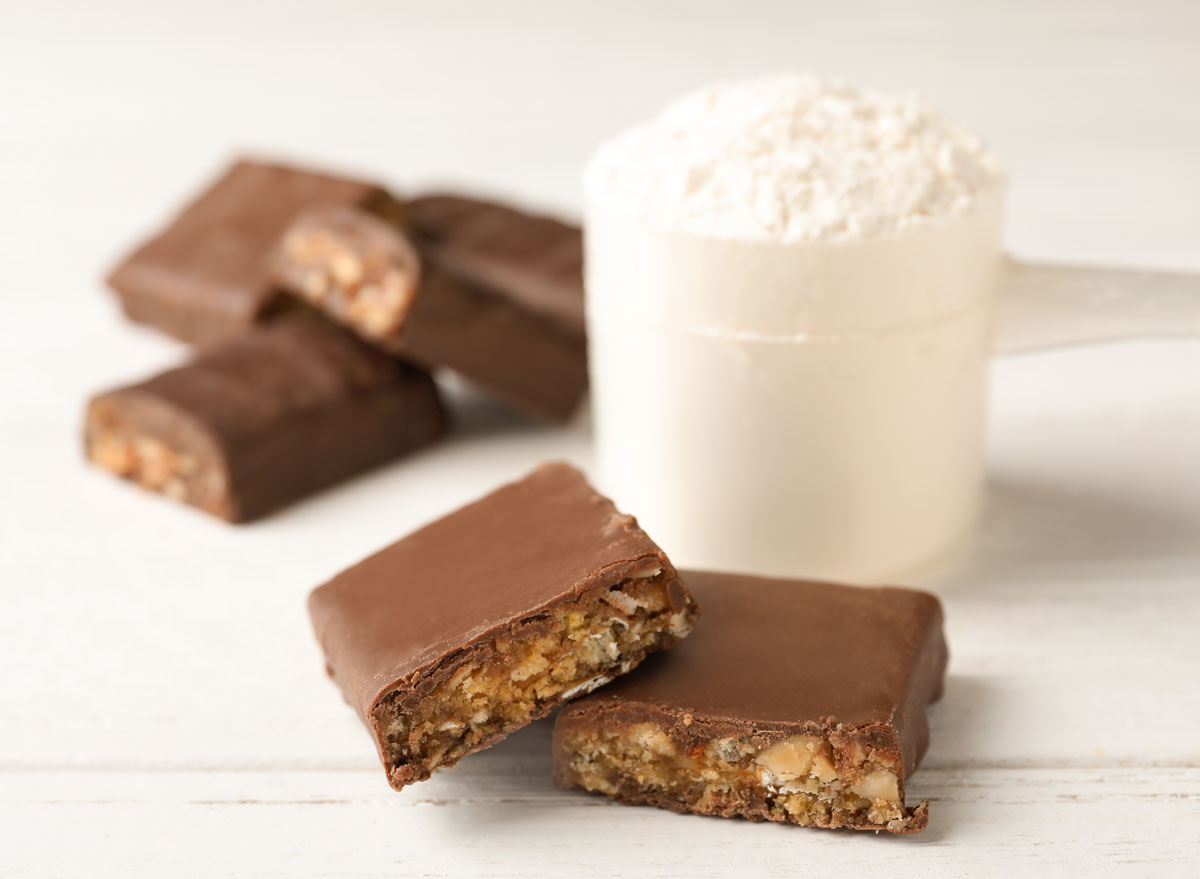
This summer had a lot of stories being uncovered, but one of the most shocking was the allegations that popular diet the F Factor, and the protein powders and bars associated with the diet, may have high concentrations of lead. The diet, which is heavy in fiber consumption and boasts the ability to consume carbs and drink alcohol, was created by Tanya Zuckerbrot, came under fire after influencer Emily Gellis began sharing stories on Instagram of women having adverse reactions while on the diet, including urinary tract infections, rashes, and in some extreme cases, heavy metal poisoning.
The whole thing culminated in The New York Times, which debunked one of the most extreme claims—that the F-Factor products can cause miscarriages—later adding that there aren’t any direct links between these adverse reactions and the products as of now. Still, feel free to tread lightly.
Arsenic? In my bottled water?

No, really—who had the resurgence of arsenic and lead poisoning on their 2020 bingo card? In June, Consumer Reports ran tests on 45 water bottle brands, and Starkey Spring Water, which is sold in Whole Foods, was revealed to have concerning levels of arsenic in its bottles—as in, three times the amount of any brand tested. It still falls under the maximum level of PPB (parts per billion), but that number, and knowing that this isn’t the first time Starkey has had a little arsenic problem in their water, can (and should) be cause for alarm.
French dressing isn’t dressing anymore
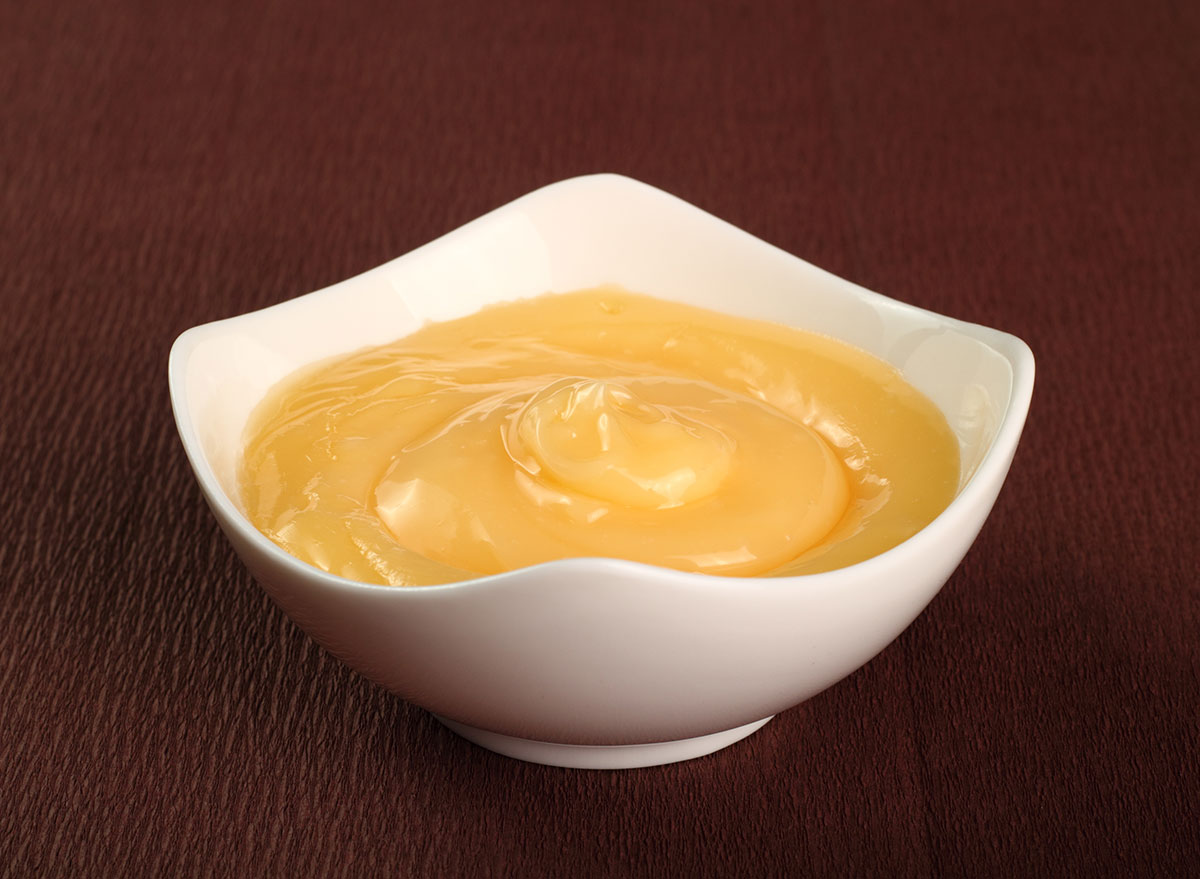
It takes a lot to lose your classification, but this year, 2020 decided that Americans can’t travel to France, and they also can’t count French dressing as a regulated dressing. Who knew that there was an Association for Dressings & Sauces, and who knew they had so much power to decide who gets to be salad dressing or not? No, really—the FDA revoked the standards of identity for French dressing, getting rid of the mandated list of ingredients that must be included.
“The standard does not appear necessary to ensure that the product meets consumer expectations,” the agency said in a statement. “The FDA has tentatively concluded that it is no longer necessary to promote honest and fair dealing in the interest of consumers and may limit flexibility for innovation.”
As of now, to be French dressing the product must be made with vinegar, 35% vegetable oil, and lemon or lime, before other ingredients like tomato paste and paprika can be added for flavor, according to the FDA’s standards.
Will this affect you? Unlikely. Is it unnerving? Quite possibly. For more, check out 20 Unhealthiest Salad Dressings on the Planet—Ranked!
Protect the dogs at all costs

Dogs everywhere had a great 2020, well, it seems that way—their owners were at home all day long! Additionally, adoption rates were high this year. But, there were bigger dangers out there, too, for the pooches.
In October, it was reported that 18 of Sunshine Mills’ dog food brands could possibly be tainted with aflatoxin, “a toxin produced by the mold Aspergillus flavus, which can grow on corn and other grains used as ingredients in pet food. At high levels, aflatoxin can cause illness and death in pets,” according to the FDA.
Before you throw away the dog food in your house and start from scratch, be sure to look into which brands and products were infected—including Heartland Farms, Hunter’s Special Dog Food, Old Glory, and Top Runner.
Subway’s bread might not actually be bread
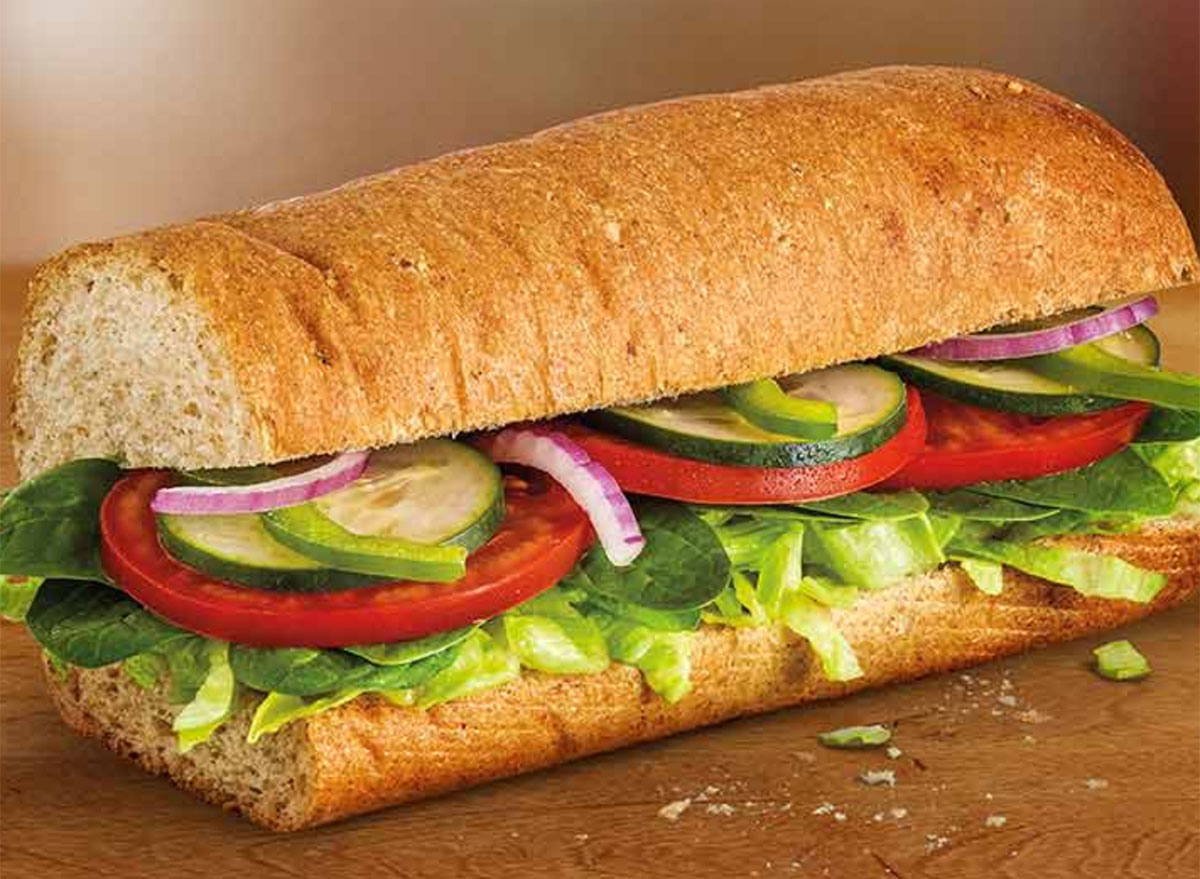
In October, Subway was given a scary smackdown from the Irish Supreme Court. The Irish Independent reported that by the standards set in Ireland’s Value-Added Tax Act of 1972, the U.S sandwich chain’s breads include too much sugar to qualify as bread. To boil down how they came to this conclusion, the argument being made wasn’t whether Subway’s bread actually qualifies as bread, but rather if the sandwich itself needs to be taxed under Irish law—which states that staple foods served at restaurants such as coffee, tea, and sandwiches are not taxed if they are taken to go.
After being challenged on a decision to not issue a refund on VAT (value-added tax) to the sandwiches, the Supreme Court also ruled that due to sugar making up more than 2% of its weight, Subway bread cannot be classified as bread under its standards, and thus, isn’t a staple good.
So what exactly does the FDA…do?
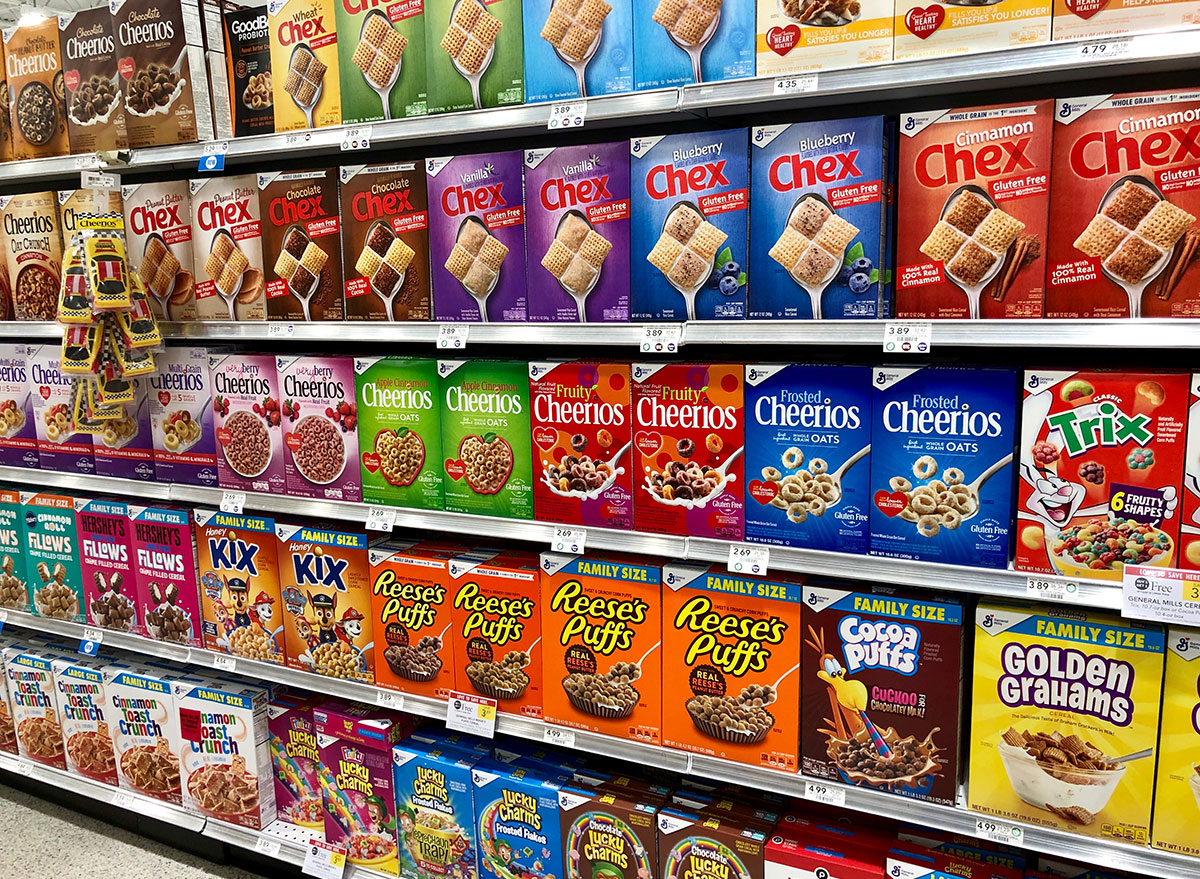
The FDA was busy this year, and apparently they were so busy that a petition had to be started to ask them to reevaluate which additives are safe enough to be added into our food. Currently, the FDA allows some 10,000 chemicals to be added to foods, a few of which have links to hormone disruption. Other chemicals are linked to cognitive, developmental, and a plethora of other health issues in both adults and children.
The petition argues that the FDA didn’t take into account the impact these chemicals can have on the body over time, and asks the FDA to reassess the safety of over 10,000 food additives. If you’re wondering how the FDA gets around this, it’s done by using a loophole in the 1958 Food Additives Amendment called GRAS, or Generally Recognized As Safe, which allows a lot of new chemicals to be added to food.
“The FDA never considers the overall effect of these 10,000 chemicals on people’s health, which is what Congress was after,” Tom Neltner, the chemicals policy director for the Environmental Defense Fund, told CNN Health.
Not the ice cream!

You and I may have spent many an evening this year crying into a pint of ice cream, but the owners of Blue Bell Creameries may have shed the most tears this year. The Texas-based ice cream company was ordered to pay $17.25 million in criminal penalties for shipping contaminated ice cream products from a suit filed in 2015. This spoiled ice cream caused a multistate listerosis outbreak, and now Blue Bell must pay the largest-ever fine for a criminal penalty associated with a food safety case. Yikes.
COVID-19 plagued meatpacking facilities
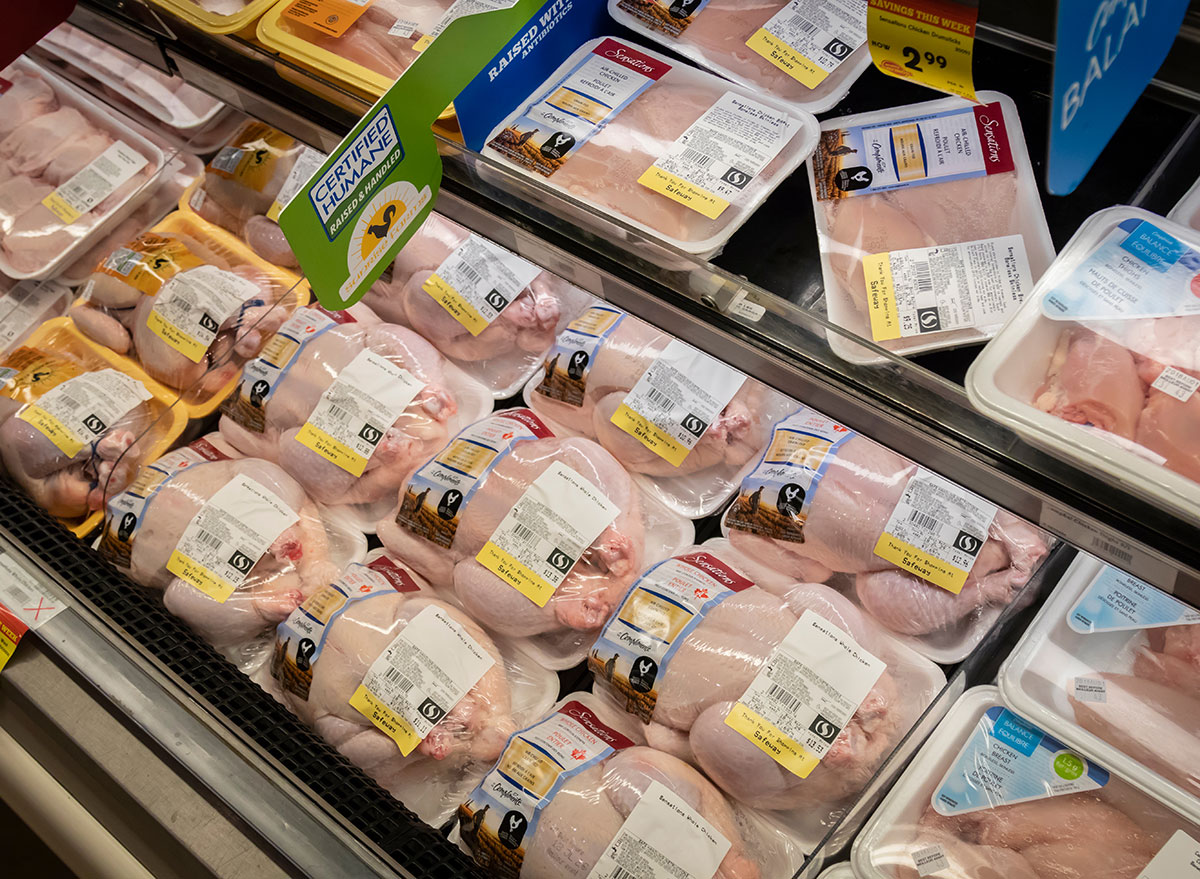
The U.S. poultry industry was hit hard by COVID-19, with the chicken plants being one of the largest facilities hit with the disease. Meatpacking is an already risky and dangerous career, and the poultry workforce is specifically one that employs Black people and people of color disproportionately over other races.
But under the Defense Production Act—a law that gives the president emergency authority over domestic industries—these plants were classified as essential businesses and had to stay open during the lockdown. By the pandemic’s peak in May, over 38 meatpacking plants around the country had temporarily ceased production as workers routinely tested positive for COVID.
According to the Food & Environment Reporting Network, as of December 18, 77,186 workers have tested positive for COVID-19 and at least 347 workers have died.
For more, be sure to read 9 Biggest McDonald’s Controversies of 2020.